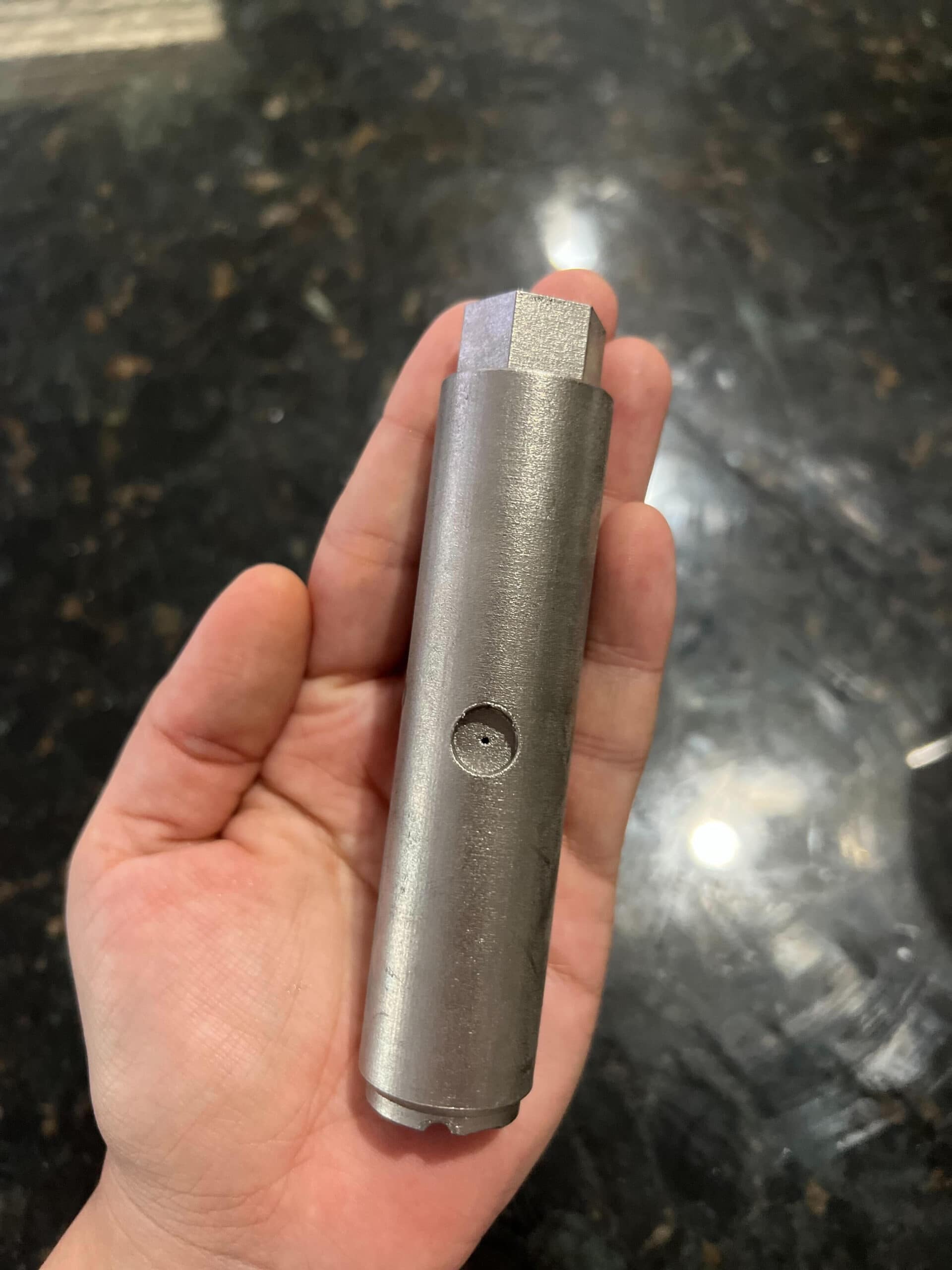Zulu Pods announced the production of the ZPod, the world’s first self-contained, sealed, oil tank and pump that can be easily installed into existing low-cost expendable jet engines.The patented ZPod, which is small enough to fit in the palm of a hand and is produced with innovative support-free 3D printing technology, marks a revolution in lubrication systems design for single use engines like those found in drones and missiles.
ZPods obviate the need for multiple components found in the bulky, heavy, and inefficient lubrication systems currently in use. They dramatically reduce per-unit cost and increase performance, allowing for either increased flight time or payload capacity, while also reducing oil demands by thousands of gallons per year.
In addition to its use in expendable jet engines, ZPods can be used in helicopters as a lifesaving lubrication reservoir system. This emergency lubrication system significantly extends flight times in loss-of-lubrication events.
“Zulu Pods’ patented technology will allow us to design better aerospace mechanical systems and, ultimately, help to ensure American air superiority,” said Daniella Sladen, Zulu Pods’ co-founder and chief technology officer. “The Aerospace industry has been constrained by legacy mechanical engineering principles, resulting in lubrication systems that are overdesigned, overoiled, and highly inefficient. We have resolved many of the problems and inefficiencies inherent in legacy designs.”
“After years of hard work and development by our team of world-class engineers, Zulu Pods has completely reimagined and redesigned the lubrication system for single-use engines,” said Rob Sladen, CEO of Zulu Pods. “Our groundbreaking approach to 3D printing means that metal parts can be designed and produced in days versus months or years, and it eliminates the needs for traditional manufacturing steps and tooling, so it is significantly more efficient, portable, and cost effective.”
ZPods are produced using state-of-the-art 3D printing technology provided by partner Velo3D, the world leader in support-free metal manufacturing, which allows for unprecedented geometric freedoms not found in conventional additive manufacturing.
In the near future, Zulu Pods will conduct additional testing to ensure that the ZPod prototype functions optimally. In March, the ZPod will undergo simulation testing to prove its efficacy for use in real-world mechanical systems.
“Beyond the ZPod’s implications for manufacturing speed, cost, and environmental impact, its development opens new areas of design and geometries never utilized before,” said Todd Currier, Zulu Pods’ chief scientific officer. “As we move forward in our prototype tests, we remain confident that we’re on the right path to positively disrupting the aerospace industry’s understanding of jet engine lubrication.”
